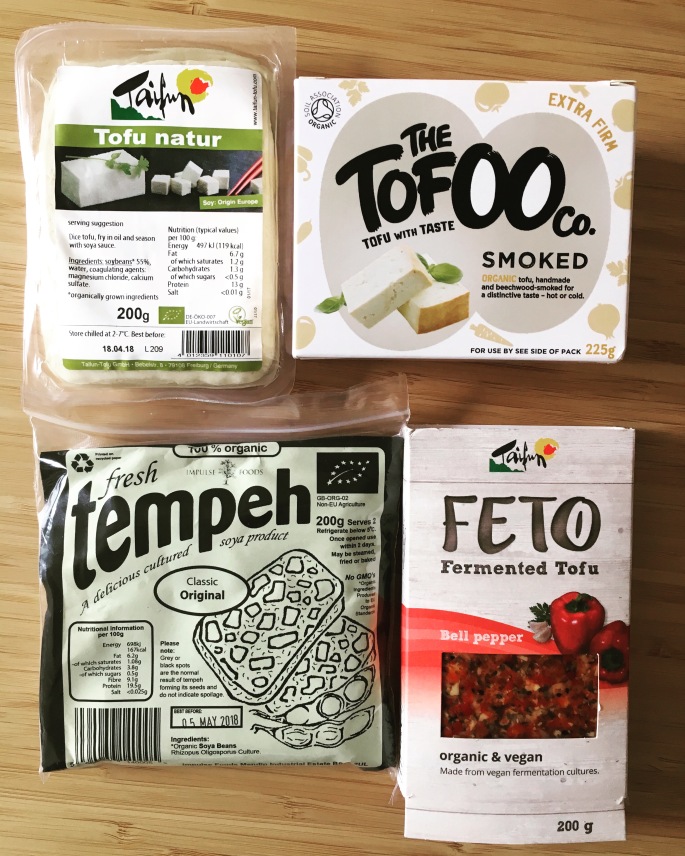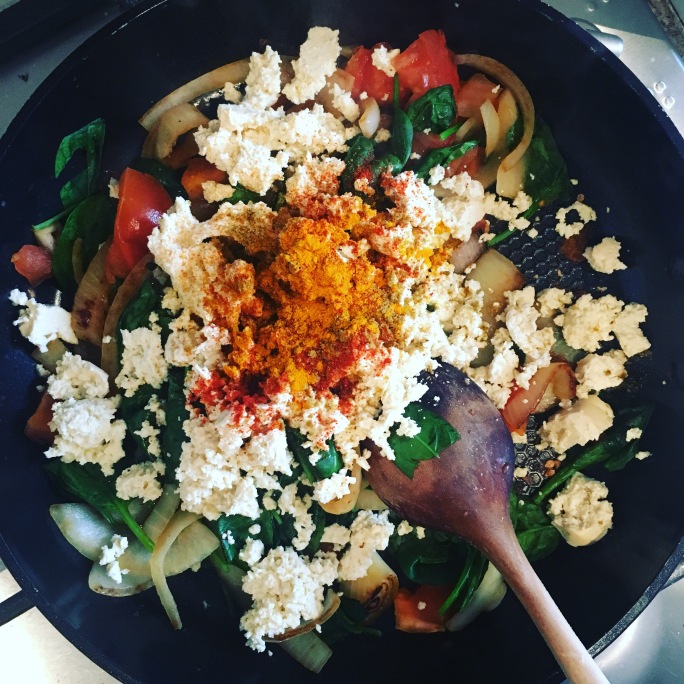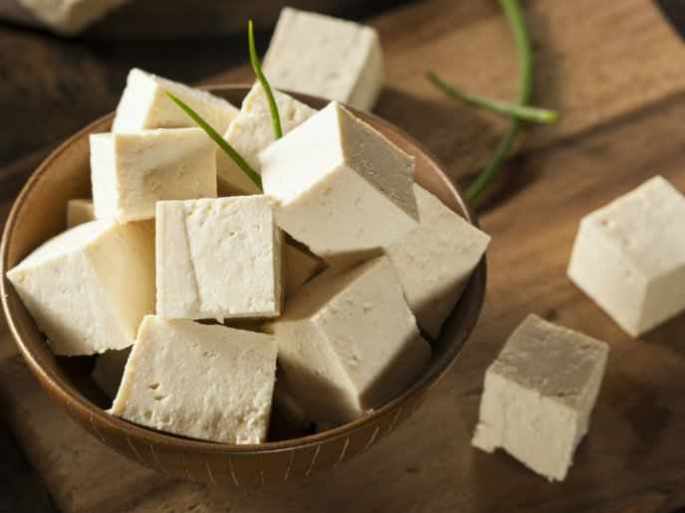Is tofu bad for you? Should I be having soy? I have been asked this questions lots of times and my answer is always: It depends.
The first question I would like to answer is ‘What is Tofu?’ Tofu is made from soy; it is made with condensed soy milk that is pressed into solid white blocks. It originates from China and the process is very similar to how cheese is made. The way in which it remains pressed is because a mineral rich coagulant called nigari (what remains when salt is extracted from seawater) is used to help solidify tofu and keep its form.
Tofu is a great way to get enough protein in a meal if you are a vegetarian, vegan or just want to reduce your animal protein intake. The key is to know that too much soy can have a negative impact on your body.

Reasons to reduce your soy intake:
1.Hormonal disruption: Although soy does have certain health benefits such as lowering cholesterol levels and protecting against some types of cancer, we must be aware that it can disrupt hormonal levels, especially in women. Since soy contains phytoestrogens (compounds that mimic human oestrogen) in high levels it can lead to certain cancers and be detrimental to women’s reproductive health.
What can I do: Reduce your soy milk and tofu intake to twice a week. Make an effort to look for different sources of protein, which in return will give you a change to get more nutrients and minerals from the diversity of foods you will be having.
2. Thyroid disruption: Soy contains goitrogenic compounds(thyroid hormone blockers) and can interfere with the production of the thyroid hormone. This can be specially dangerous on children because it can cause hypothyroidism.
What can I do: Avoid giving children soy derived products. Instead, use home made almond milk or use a very good brand that does not have any strange additives. I really like Rude Health, it is straightforward and no nonsense ingredients. You could also give children brown rice milk, coconut milk, goats milk and on occasions cow’s milk.
3. Anti nutrients: Soy contains many anti nutrients such as phytates, lectins and oxalates. What happens is that these compounds stop the body from absorbing important minerals and vitamins from food.
What can I do: Eat the fermented versions of soy. Fermented foods are really good for your gut health, your immune system and they reduce dramatically the anti nutrients in soy. There are many options and the most common are tempeh, fermented tofu, soy sauce and stinky tofu. There is also natto, tamari sauce and miso.
4. GMO: Much of the soy consumed nowadays is genetically modified. This is a subject that has sparked much debate, and there is so much information (it gets very confusing!) that either supports it or completely rejects it. Some studies have linked GMO’s to many health problems because it supposedly kills good bacteria in your gut and can damage your digestive system.
What can I do: If you prefer to avoid soy, look for foods that are labeled with the Non GMO Project seal. The Non-GMO Project is a nonprofit organization committed to preserving and building sources of non-GMO products, educating consumers and providing verified non-GMO choices.
Although soy does sometimes get very bad marketing, it is a very good and easy way to get your protein. You just have to be mindful on not relying on it as one of your main sources of protein. There are many vegan and vegetarian protein sources that can help you to get your daily macronutrients such as: Tempeh, beans, quinoa, broccoli, green peas, seitan and many more.
Recipe
I sometimes like to make scrambled tofu for breakfast. It is so easy to make and does really look like eggs once you put it some spices to give it colour.
- Warm a skillet and add the oil or butter of choice.
- Put in some diced onion and let it cook until it is translucent and soft.
- Put in some more vegetables of your choice. I usually use tomatoes and courgettes. Let them cook for two minutes.
- Take your tofu, ill usually use half the pack for 1 serving, and crumble it with your hands. Place it on the skillet with your vegetables.
- Add spices: Cumin, paprika and turmeric give it great flavour. I’ll usually add my Seaweed Gomasio, which is made out of sesame seeds, wakame seaweed and salt.
- Serve it on a plate and add a piece of sourdough or rye bread if you have a big appetite.



